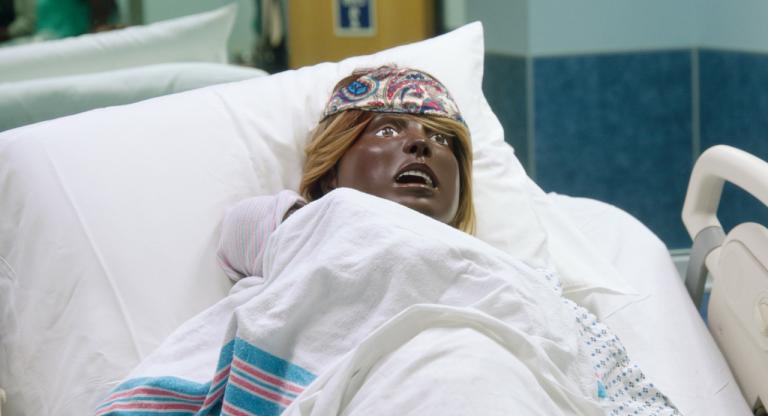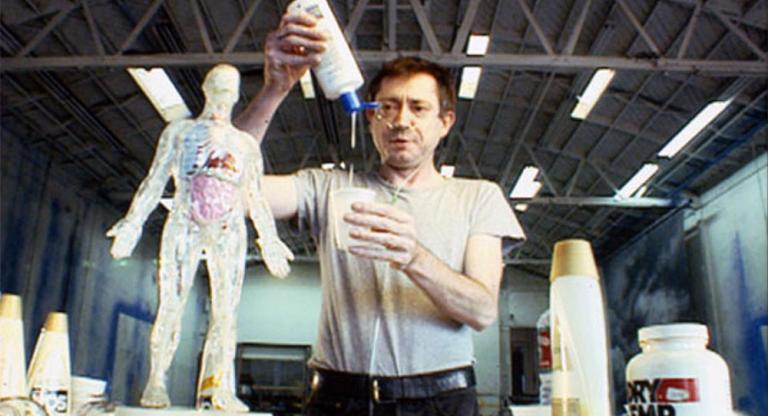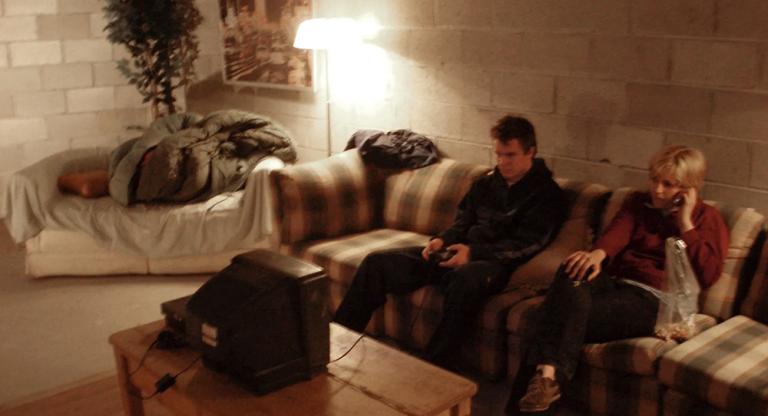
September is prime Woody Allen, something like the visual and dramatic median of his output. It’s full of self-regarding, wealthy New Yorkers bathed in gorgeous light, mulling existence and their relationships with equal concern. The light comes courtesy of a cinematographer seemingly working apart from Allen’s clever script, and the performances rank among each actor’s finest work. There’s also languid jazz on the soundtrack. The only thing missing is Allen himself on-screen.
A diagram of familial and romantic connections would be more helpful than a plot description. The heroically low-stakes story concerns suicide, divorce and artistic failure. Allen deserves credit for attempting tearful speeches about Life, and for those speeches to carry much of the film’s heft, rather than a murder or tryst. But he’s uncharacteristically flat in his ruminations here, despite all the natural gravitas in Dianne Wiest’s voice. If all this makes the effort seem trivial, it ultimately is. But it’s wonderful to look at, the actors are great and enough of the dialogue sings.
The phrase “a filmed play” is often employed pejoratively, but September mines the potential of the bastard form. A director-cinematographer team, confined to a few locations, can explore a set in 360 degrees, breathing life into furniture and corners by passing over them from several positions throughout the film. Consider Tarantino’s The Hateful Eight, which had all the feel of an epic despite a single location (for the most part). In September, Carlo Di Palma casts autumnal yellows and browns across the frame while moving gingerly between rooms and back again, as daylight yields to candlelight. The overall effect is strolling curiously through a beautiful, intermittently engaging piece of theater.


